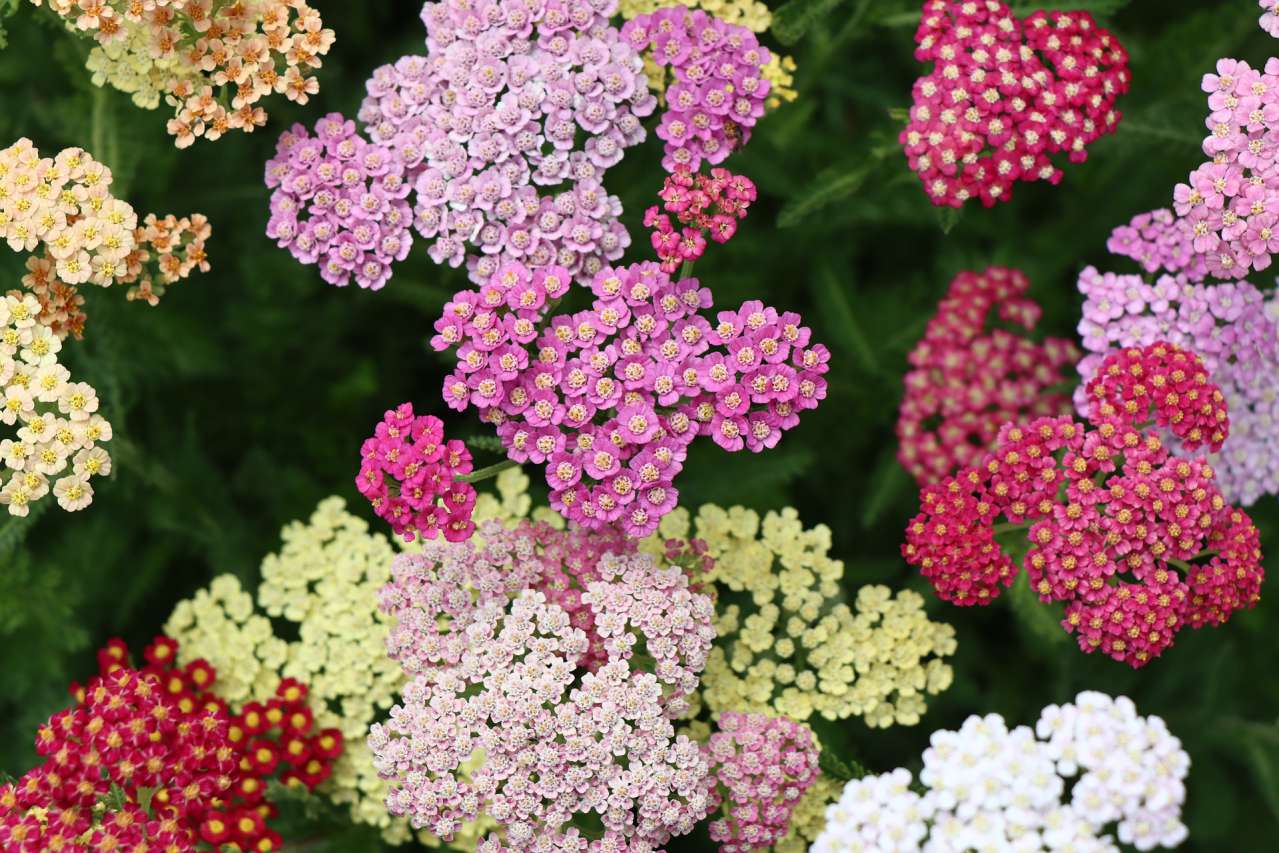Useful Tips for Gardeners: How to Grow Yarrow

Due to the content of essential oil, ascorbic acid, organic acids, as well as tannins and bitter substances, yarrow has anti-inflammatory, bactericidal, anti-allergic, choleretic, wound-healing effects.
How to plant seedlings
Yarrow seedlings should be planted in open ground in late April - early May. Prepare planting holes. Moisten the soil in the pot so that the plant can be pulled out along with the earthen clod without damaging the root system.
What does yarrow like
This perennial loves sunny places, but also feels good in partial shade. The soil prefers light and well-drained. If you plant a yarrow on too fertile soil, it can build up an abundant mass at the expense of flowering.
How often to water yarrow
Water Yarrow does not need a lot of additional watering, and rain moisture is usually enough for it. However, in dry weather, when the garden receives less than 1 inch of rain per week, the plant needs watering. Excess water makes the plant too tall and unattractive.
How yarrow reproduces
Yarrow is very easy to propagate by cuttings. If your site already has an adult plant, then in the summer cut off a green cutting from it with 2-4 developed buds. To enhance root formation, lower the cutting into the stimulator, and then place it in moist soil.
